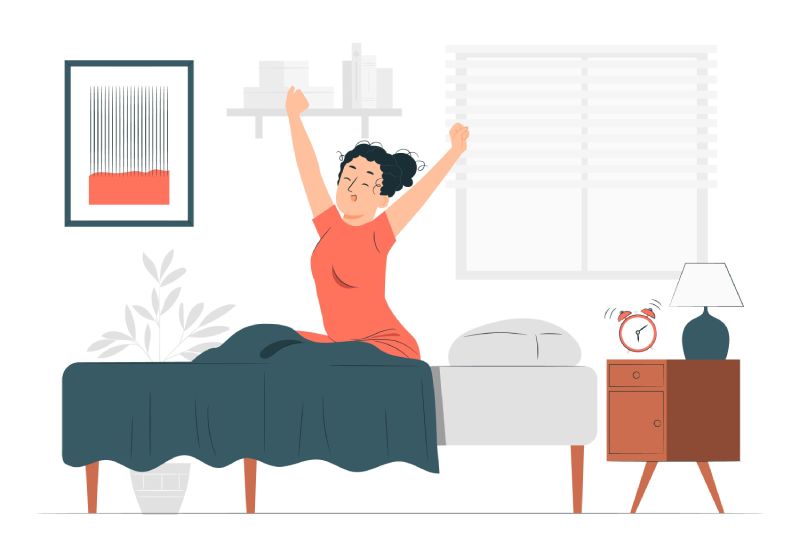devil vinoth
Member
- Relationship to Diabetes
- At risk of diabetes
2017 ( india)
Fasting glucose - 109 mg/dl
PP glucose - 117 mg/dl
Cholestrol/HDL ratio - 4.4
Vit B12 - 457
-- moved to UK in May 2017
-- Excessive drinking and outside food since 2017-2019 December
-- Low excercise except for cricket season june - september
2019 - august ( india)
Fasting glucose - 101 mg/dl
PP glucose - 198 mg/dl
Hb1Ac - 6.1%
Cholestrol/HDL ratio - 4.1
Vit B12 - 118
-- Severe reduction in alcohol consumption to only 2-4 times a month
-- Food habit moderations but still unhealthy food
-- Low excercise
2020 - June
Hb1Ac - 46 mmol/ml
Cholestrol/HDL ratio - 4.7
Vit B12 - 178
Symptoms:
Recurring throat infection ( have previous history of sinus and sore throat)
Tiredness
mood swings and irritability
Acidity
Medications:
Lansoprazole
Vit b12 tablets
Questions:
1. Can i reverse the condition?
2. What do i need to do for pt 1 if its possible?
3. Vit B12 ,cholestrol and diabetes are they linked?
4. My symptoms like throat issues - are they linked to high blood sugar levels
Tks
Fasting glucose - 109 mg/dl
PP glucose - 117 mg/dl
Cholestrol/HDL ratio - 4.4
Vit B12 - 457
-- moved to UK in May 2017
-- Excessive drinking and outside food since 2017-2019 December
-- Low excercise except for cricket season june - september
2019 - august ( india)
Fasting glucose - 101 mg/dl
PP glucose - 198 mg/dl
Hb1Ac - 6.1%
Cholestrol/HDL ratio - 4.1
Vit B12 - 118
-- Severe reduction in alcohol consumption to only 2-4 times a month
-- Food habit moderations but still unhealthy food
-- Low excercise
2020 - June
Hb1Ac - 46 mmol/ml
Cholestrol/HDL ratio - 4.7
Vit B12 - 178
Symptoms:
Recurring throat infection ( have previous history of sinus and sore throat)
Tiredness
mood swings and irritability
Acidity
Medications:
Lansoprazole
Vit b12 tablets
Questions:
1. Can i reverse the condition?
2. What do i need to do for pt 1 if its possible?
3. Vit B12 ,cholestrol and diabetes are they linked?
4. My symptoms like throat issues - are they linked to high blood sugar levels
Tks

